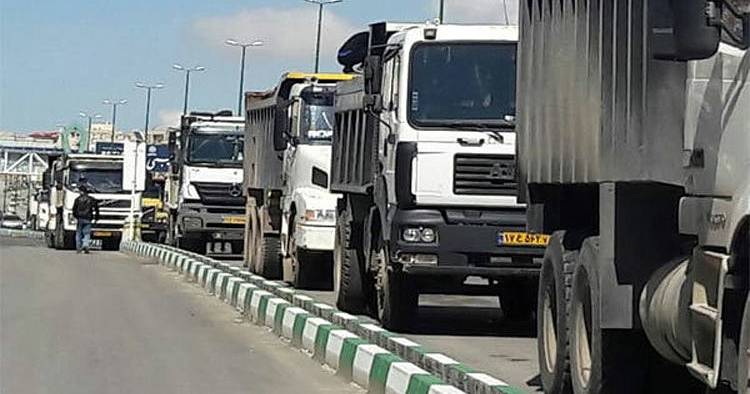
Similar Posts

Massive Gold Heist: Thousands of Gold Bars Confiscated from Bank of England
The Bank of England has noted increased trader activity due to a significant gap between gold futures in New York and cash prices in London. Deputy Governor Dave Ramsden highlighted rising concerns about lengthy withdrawal times for bullion, now taking weeks instead of days. Traders are also worried about potential US tariffs amid ongoing trade tensions. Ursula von der Leyen, head of the European Commission, reaffirmed the EU’s commitment to countering unfair tariffs from the US, emphasizing the importance of US-EU trade valued at €1.5 trillion. The evolving dynamics in the gold market and trade relations will significantly influence financial strategies.
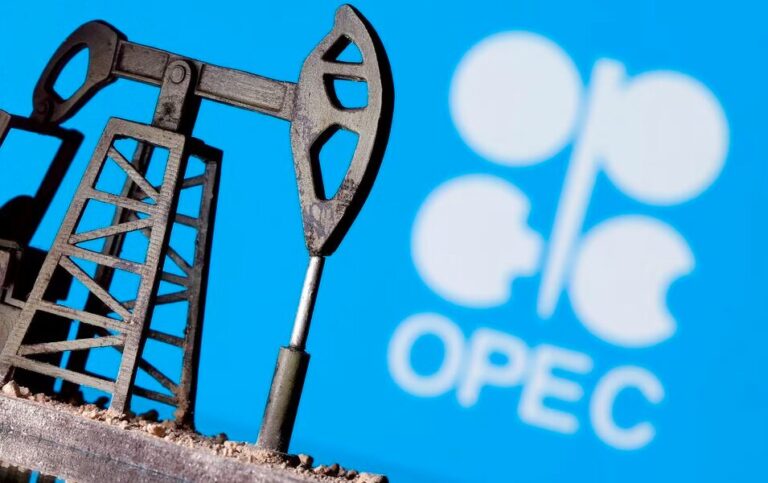
OPEC+ Boosts Oil Production: First Increase Since 2022!
OPEC+ plans to increase oil output by 138,000 barrels per day (bpd) starting in April, following significant production cuts totaling 5.85 million bpd since 2022 to stabilize prices. This decision reflects ongoing strategies to balance supply and demand amid rising oil demand and geopolitical pressures, particularly concerning U.S. sanctions on Iran. Iran asserts it will maintain production and exports, offering light crude to Asian buyers at competitive prices. The interplay of these developments will significantly influence global oil market dynamics, making it crucial for stakeholders to stay informed as conditions evolve.
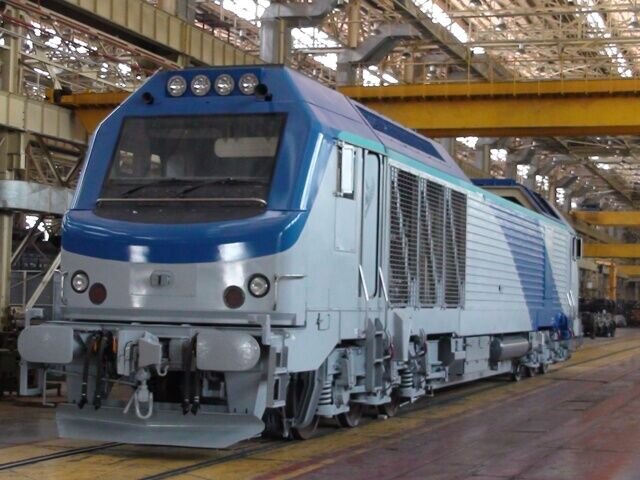
Iran Boosts Rail Transport with $750 Million Investment: A Game-Changer for the Industry
Iran has signed a significant agreement to enhance its rail transport sector, focusing on upgrading freight and passenger capabilities. The deal includes the procurement of 600 tanked freight wagons, 300 diesel self-propelled passenger wagons, and 50 locomotives, aimed at modernizing the railway fleet and improving operational efficiency. Key figures from the rail industry attended the signing ceremony, highlighting the importance of this initiative for economic development and job creation. The upgrades intend to enhance the reliability of freight transport and improve passenger experiences, reflecting the Iranian government’s commitment to infrastructure development and attracting private investment for future growth.
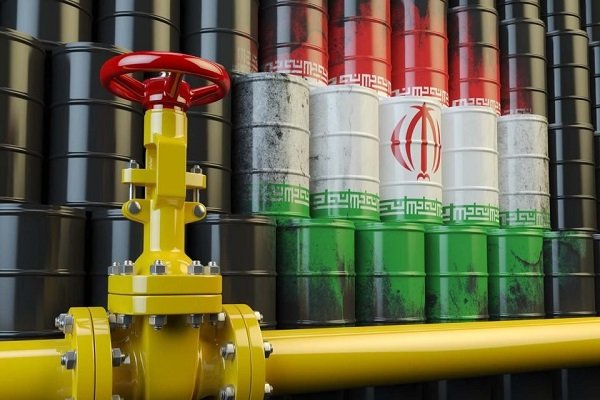
US Targets Network Boosting Iran’s Oil Sales with New Sanctions
The U.S. has sanctioned an international network facilitating the shipment of Iranian crude oil to China, targeting Iran’s Armed Forces General Staff and its front company, Sepehr Energy. This move, part of the U.S. Maximum Pressure Campaign, aims to curb Iran’s oil exports amid ongoing tensions over its nuclear program. The sanctions were announced shortly after U.S.-Iran nuclear talks, highlighting strained relations. Despite these pressures, Iranian oil sales to China have surged. Analysts anticipate that these sanctions could escalate hostilities, influence global oil markets, and affect future negotiations, particularly with China’s role as a key buyer of Iranian oil.
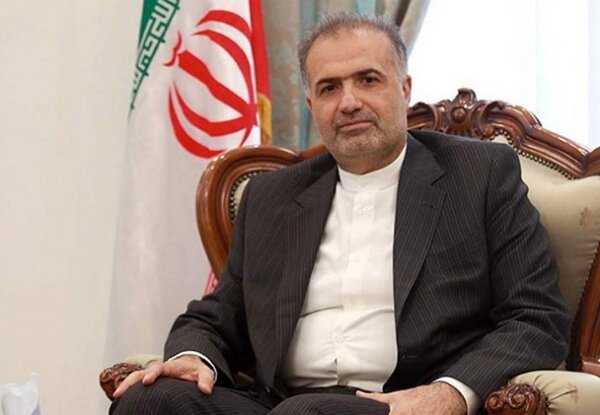
Tehran and Moscow Set to Sign Landmark Agreement for Rasht-Astara Construction Project
Iran and Russia have intensified their collaboration, particularly on the North-South transport corridor, aimed at enhancing trade routes. Iranian diplomat Kazem Jalali reported ongoing discussions between the two nations’ transport ministers, with plans to sign an implementation agreement by March. This initiative reflects a broader partnership, including energy exchanges and strengthened political ties. Jalali highlighted significant economic progress, including the integration of banking networks that bypass SWIFT for smoother transactions. As both nations pursue these developments, the potential for a more prosperous partnership is promising, marking a crucial phase in Iran-Russia relations.
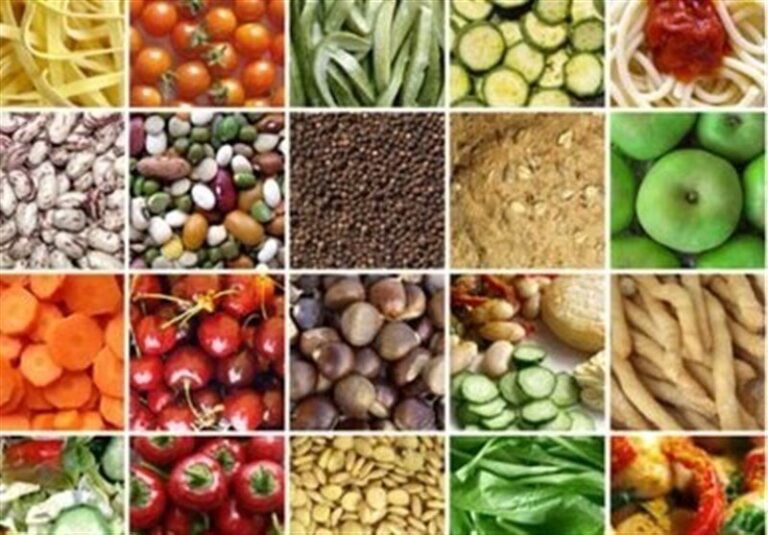
Iran Imposes Export Ban on Key Crops to Combat Rising Domestic Prices
To stabilize the domestic market, Iran’s Ministry of Agriculture Jihad (MAJ) has requested a two-month suspension of exports for apples, oranges, and dates, starting February 24. This decision aims to ensure a steady supply as demand surges during Ramadan, beginning March 2, and Iran’s New Year celebrations in late March. The MAJ had previously imposed a similar ban on potatoes, lentils, and beans due to rising local prices. As Iran navigates the balance between domestic needs and international trade, these measures highlight the ongoing challenges in maintaining food security and market stability during high-demand periods.